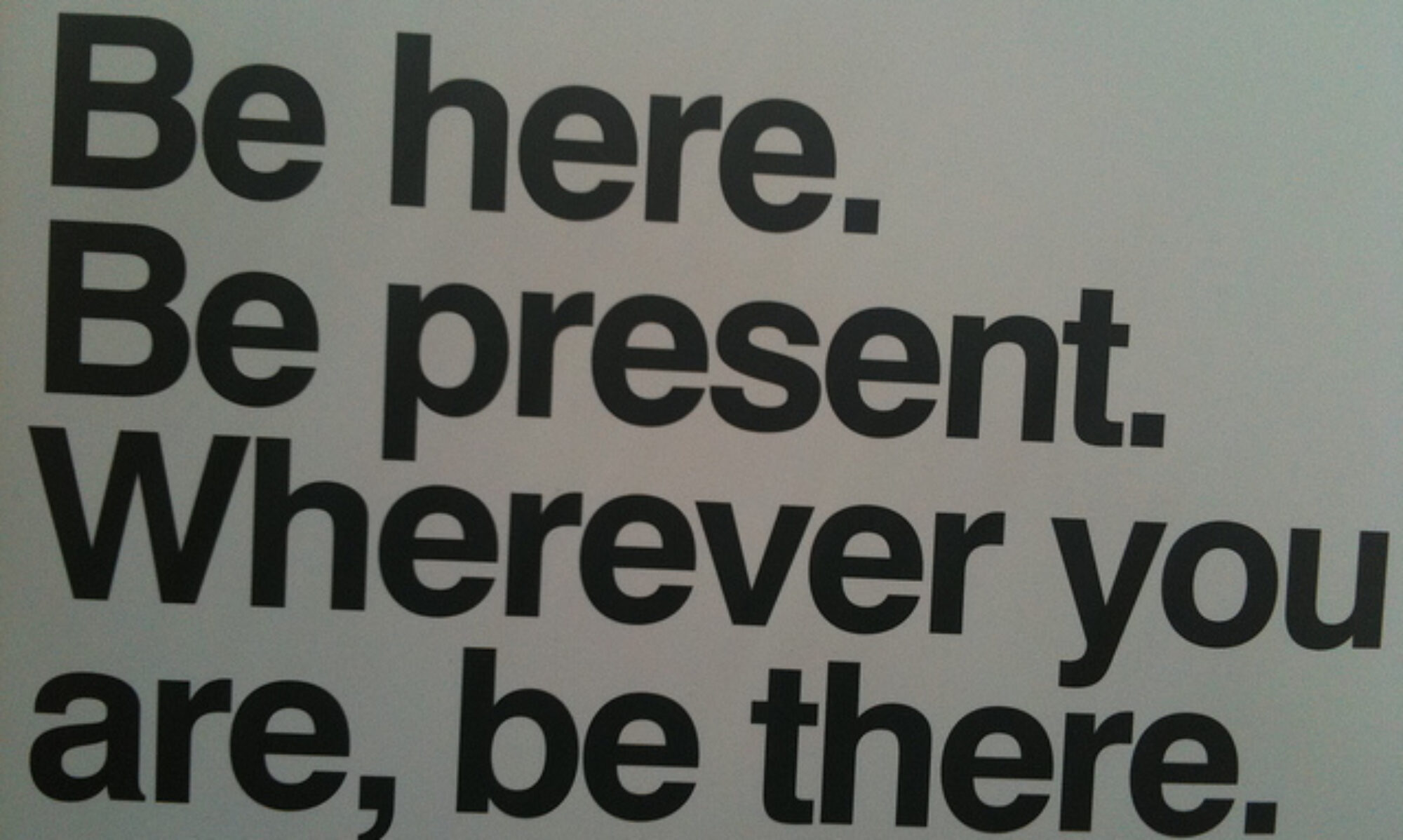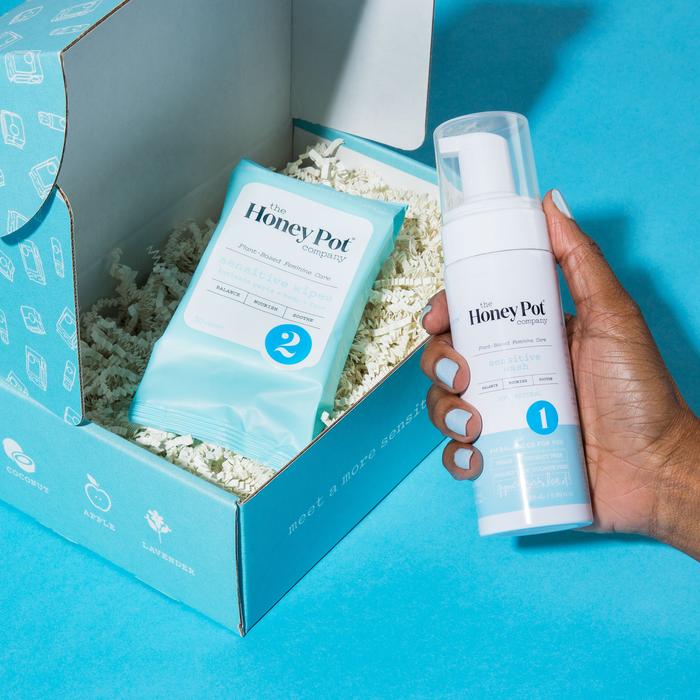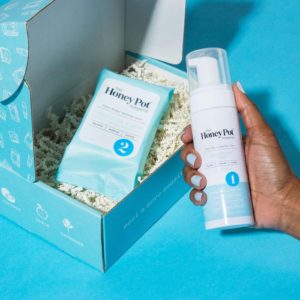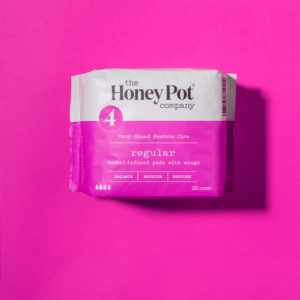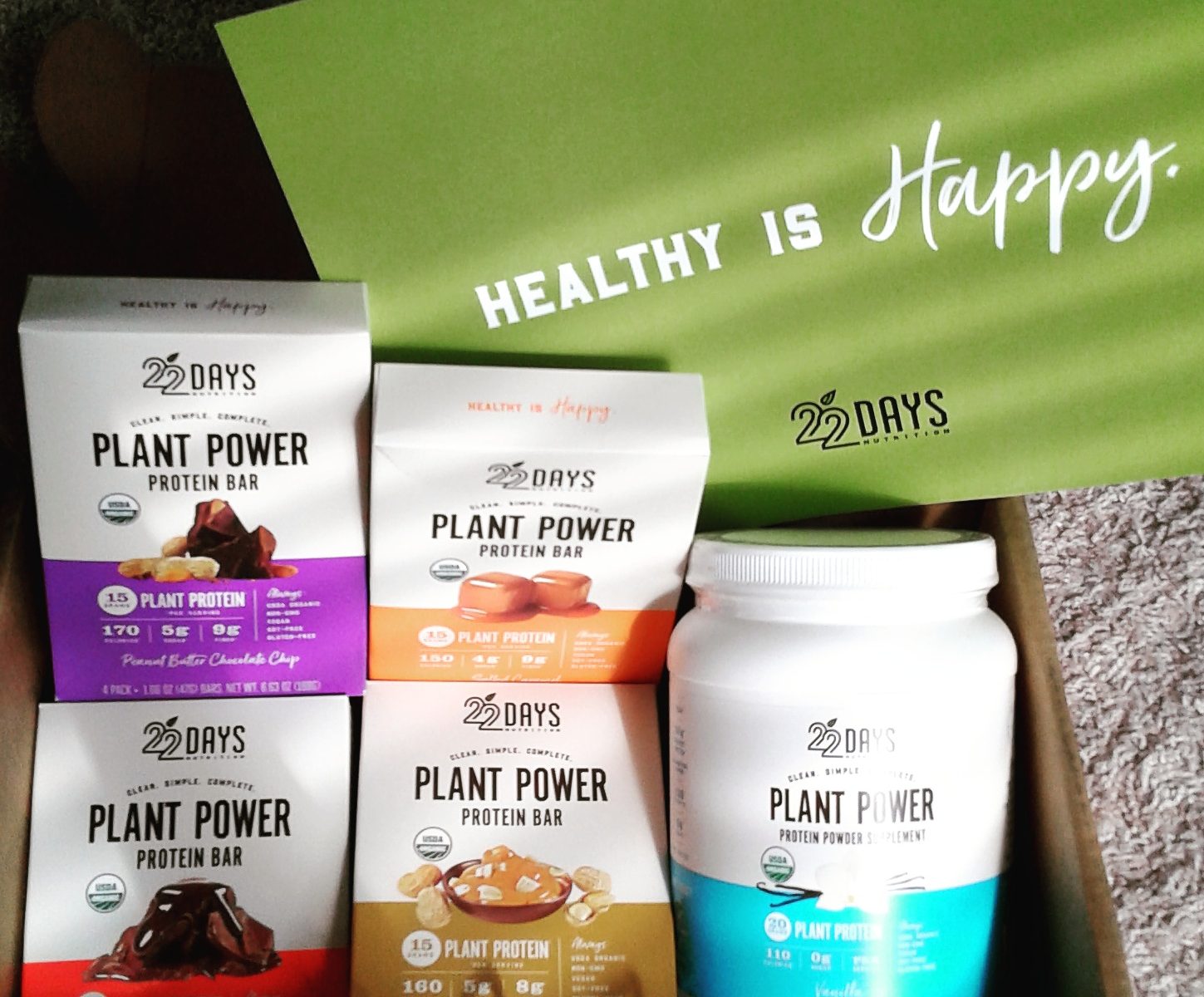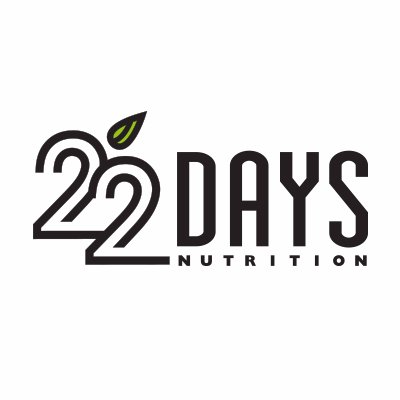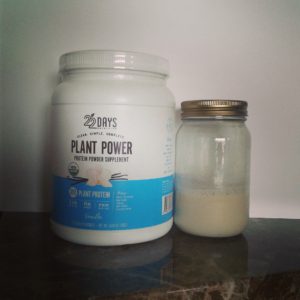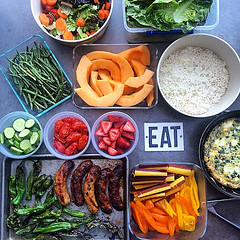Last week, I got my daily Quartz Obsession email and the topic was “diets.” With Weight Watchers recently hiring DJ Khaled as its social media ambassador – for the culture – and January being the month that everyone and their mother going “new year, new me,” it isn’t surprising that dieting is a hot topic.
I’m going to share a potentially unpopular opinion here – dieting is a scam.
Now, let me clean that up a bit. Shifting your perspective and making wise food choices is always the move. But diets as a larger cultural movement of restricting calories, eating Frankenfoods, and judging foods as “good” or “bad” has never made sense to me.
I grew up in a house where dieting – Atkins, low-fat, low-calorie – helped my mother lose weight and keep it off. Thankfully, she never assigned labels to the foods my sister and I loved to consume, which were sugary, salty, savory and generally not good for your health long-term.
As a 30-something wife, stepmother, and aunt, I recognize that my attitudes about food influence the young minds around me. Rather than say a food is “bad,” I let my behavior show that my choices fuel a healthy lifestyle and help me move, sleep and feel better.
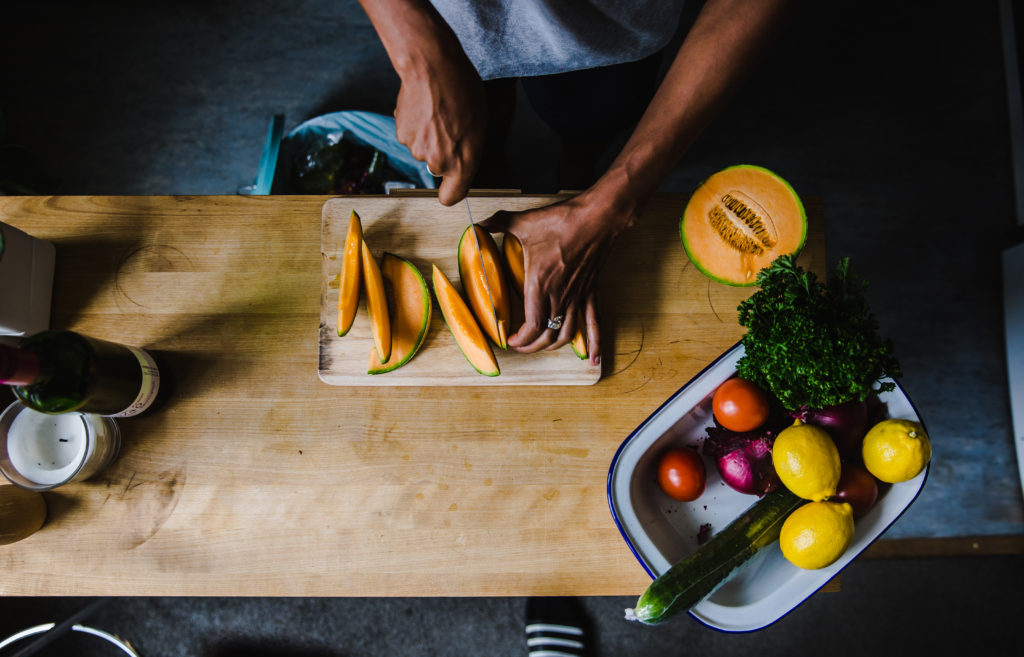
Diet companies that promote their branded foods that you have to nuke before eating, along with proprietary cookbooks, scales, clothing and more, leave a nasty taste in my mouth. I find it hard to believe the programs are set up for success, since success for their clients means a loss of future money for them. Once I lose the weight, what good is your point system and associated prepared meals to me?
I’m not alone in this sentiment; 77 percent of Americans said they’re trying to eat healthier, but only 19 percent said they’re on a diet in a 2015 survey conducted by Fortune magazine and the percentage of women who claim to be on a diet has decreased by 11 percentage points between 1992 and 2012 according to NPD Group, a research firm.
I will not pretend that making healthy options is something I do every day, all day. When I read about people who say they haven’t had sugar in a year, I shake my head and go have a bowl of cereal for them. I just know that I’ve had my best gains in pounds lost and muscle gained by upping my weights, low-impact cardio, and mindfully eating more whole foods and less processed foods. Surprisingly, I’ve lost weight over the past couple of months, even after I slacked on my workouts due to travel and general year-end ennui.
Bottom line: there are no “good” or “bad” foods, only better decisions to make about what you eat and drink. Consider ditching a “diet” and focusing on eating what makes you feel good long-term, not just in that moment (hello, donuts), and you may find the results you’re looking for.

